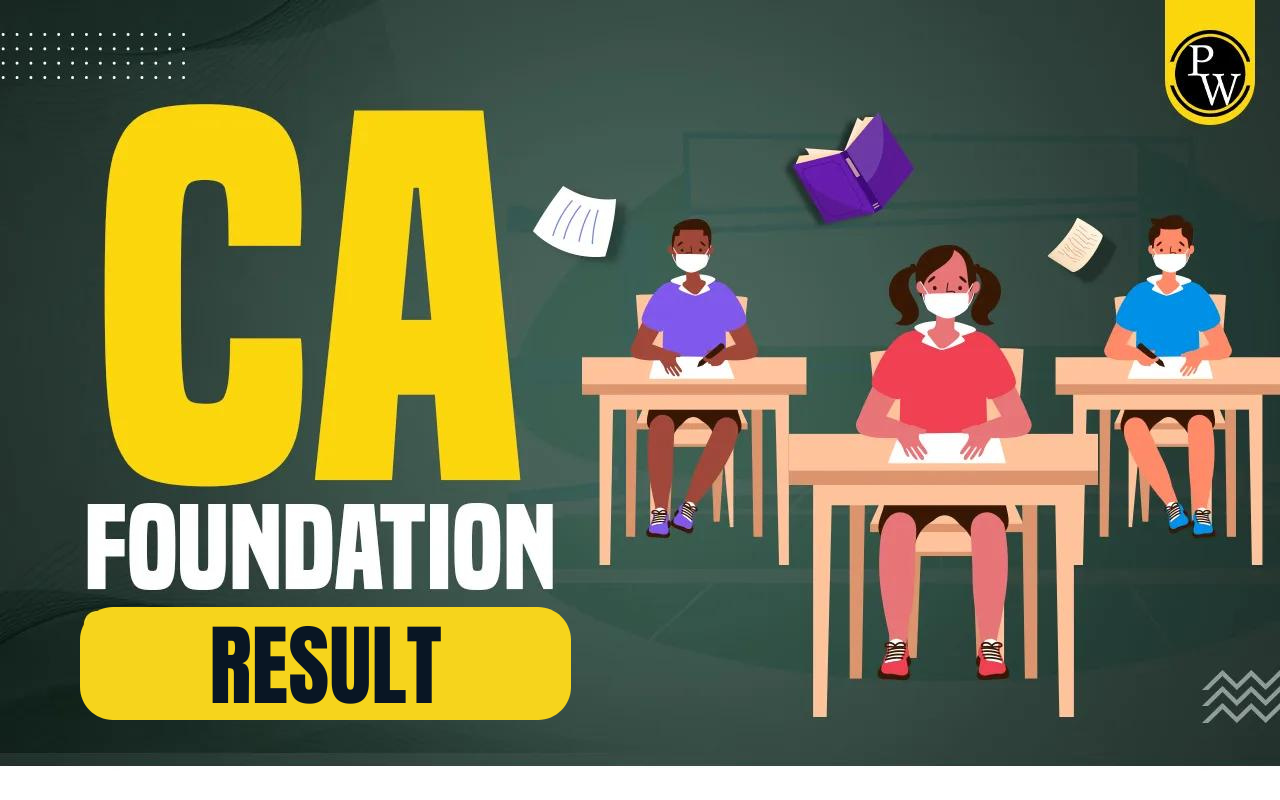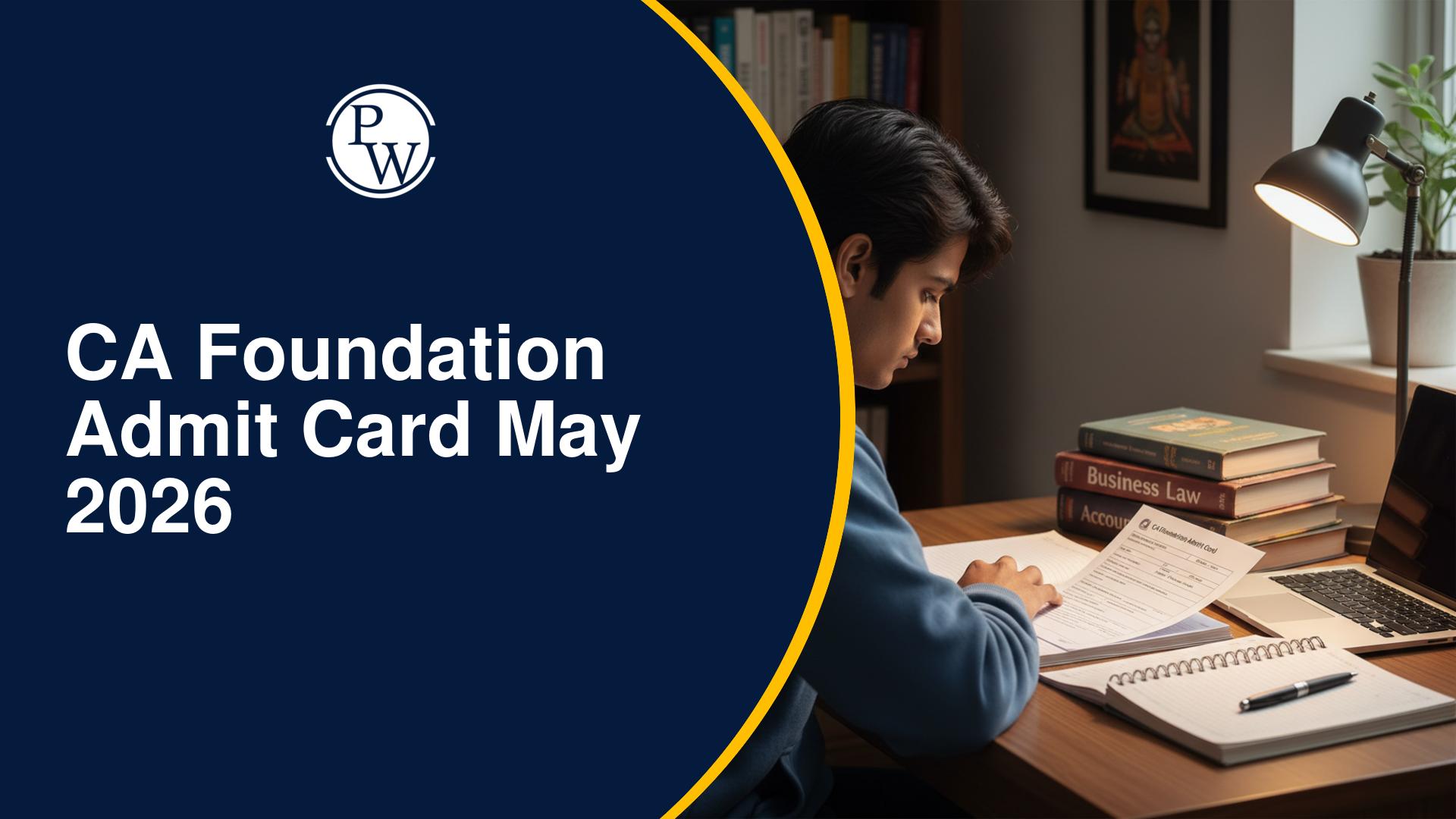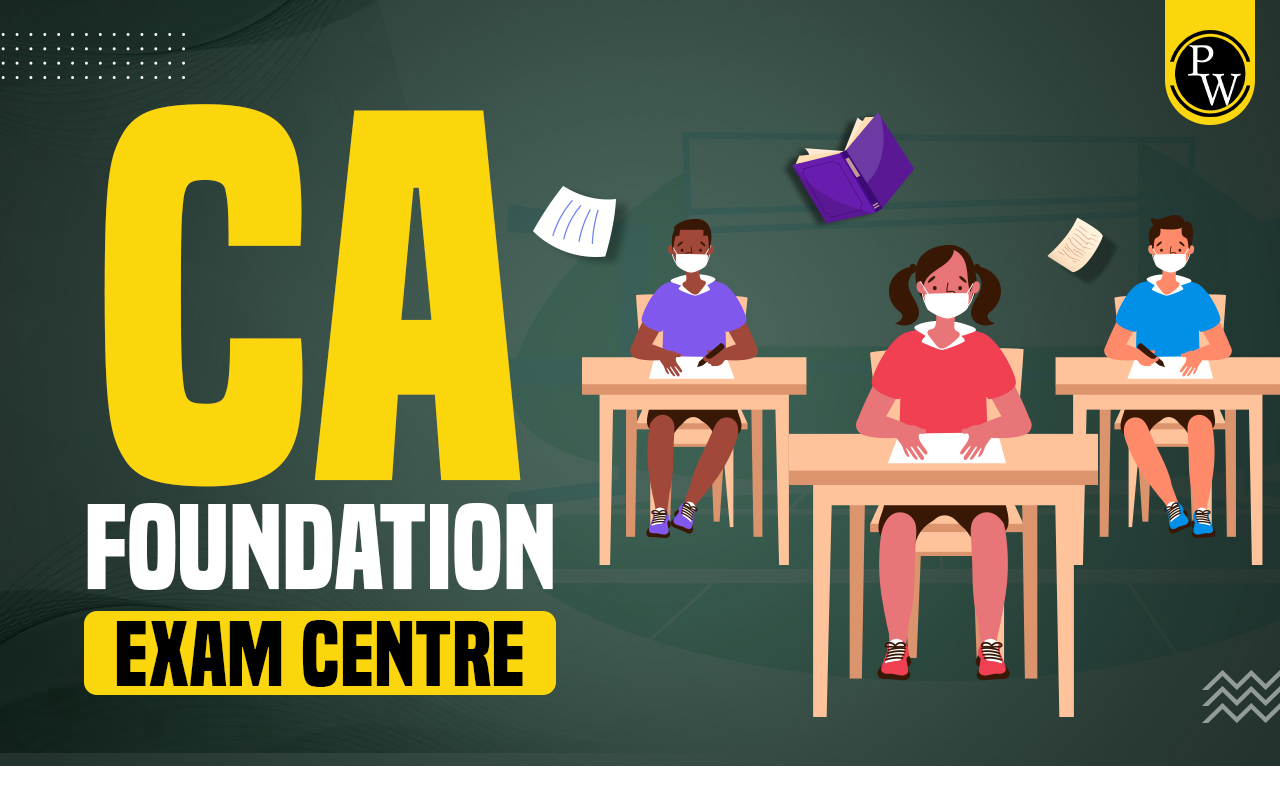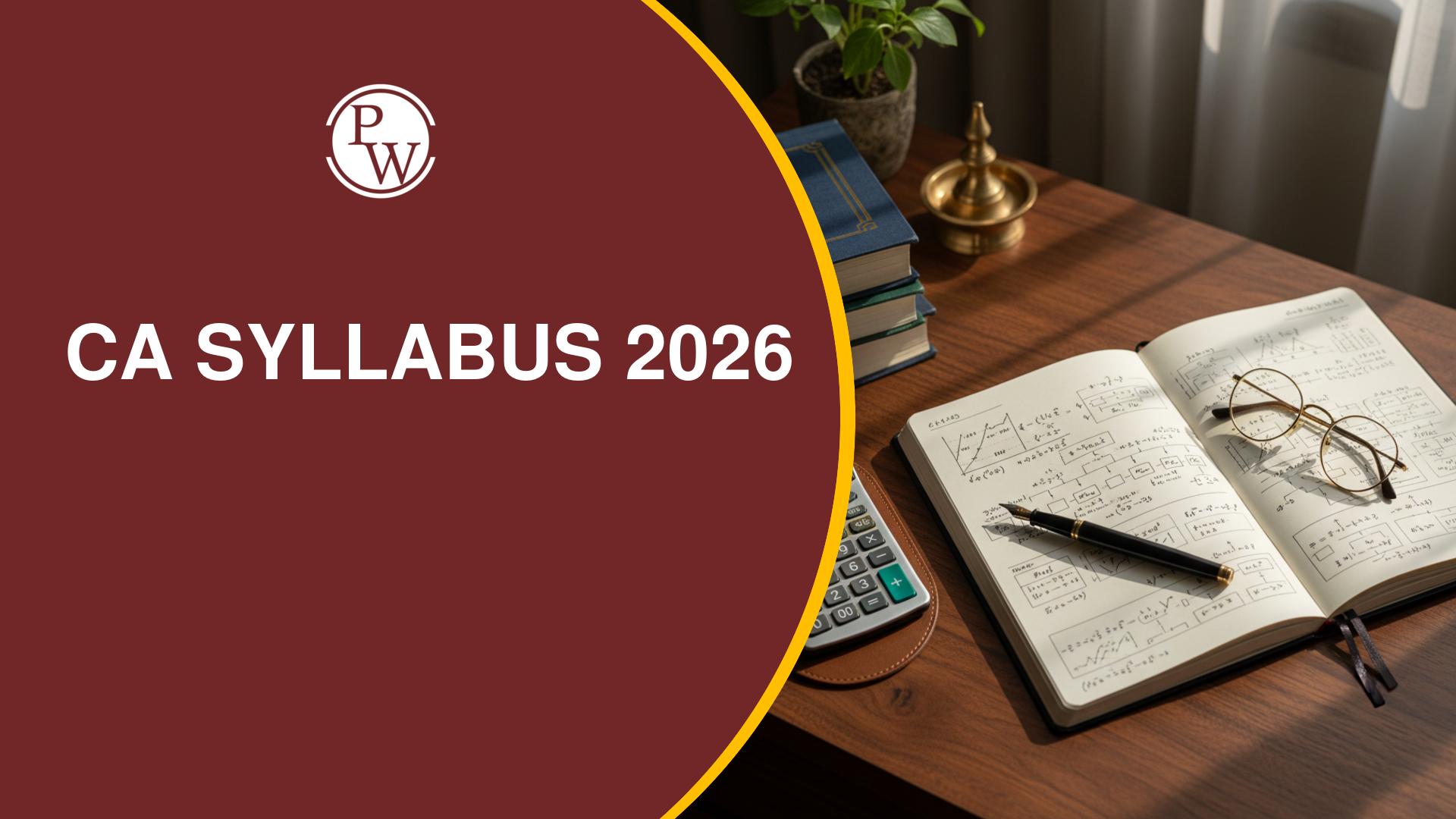
The Union Budget is a roadmap for the nation’s economic future. Each year, the Department of Economic Affairs within the Ministry of Finance crafts this essential document, which is then presented by the Finance Minister. It outlines the government’s projected earnings and expenditures for the upcoming fiscal year.
For CA exams , understanding the Process of Budget Making is crucial to grasp the fiscal and economic policies that shape the country.What is Budget Making?
Budget making is the process of creating a comprehensive financial plan that serves as a guiding framework for managing resources effectively. At its core, it involves estimating revenues and expenditures for a specified period, typically a fiscal year. This process ensures that the government’s financial operations align with its socio-economic objectives. In India, the Union Budget is the pinnacle of budget-making efforts. It’s not just a financial document but a policy instrument used to stimulate economic growth, curb inflation, and promote public welfare. The Process of Budget Making is meticulous, involving months of planning, data accumulation, and stakeholder engagement. By the time the Finance Minister presents the budget in Parliament, it represents the collective input of multiple governmental layers.Goals of Budget Making
The following are goals for the process of budget making:1. Economic Stability
The primary goal of budget making is to maintain economic stability. By managing fiscal deficits, balancing expenditures, and ensuring revenue generation, the budget helps avoid economic fluctuations and fosters steady growth.2. Resource Allocation
A well-crafted budget aims to allocate resources efficiently. By prioritizing sectors like health, education, and infrastructure, the government ensures optimal utilization of resources to maximize public welfare.3. Social Equity
The budget is a tool for addressing socio-economic disparities. It facilitates redistribution of wealth through targeted subsidies, welfare schemes, and progressive taxation policies, ensuring inclusive growth.4. Growth and Development
By channeling funds into critical areas such as infrastructure, technology, and innovation, the budget propels the economy forward. It sets the stage for long-term development and global competitiveness.Also Check: Statistical Representation of Data
Types of Budget Making
The following are the types of process of budget making:1. Balanced Budget
A balanced budget occurs when the government’s revenues match its expenditures. While it promotes fiscal discipline, it may limit spending on welfare programs during economic downturns.2. Surplus Budget
In a surplus budget, revenues exceed expenditures. This type is typically adopted when the government aims to reduce public debt or control inflation.3. Deficit Budget
A deficit budget is when expenditures surpass revenues. While it indicates higher government spending, it’s often used to stimulate economic growth during a recession.4. Zero-Based Budget
Zero-based budgeting starts from scratch, with no reference to previous budgets. Each department must justify its financial needs, promoting transparency and accountability.5. Performance Budget
Performance budgeting links fund allocation to measurable outcomes. It emphasizes efficiency by assessing whether funds achieve the intended objectives.Process of Budget Making
The process of budget making is as follows:1. Initial Processes
The journey of process of budget making begins six months before its presentation. The Finance Ministry issues budget circulars to various ministries and departments, detailing the guidelines and timelines. Disbursing and field officers compile data on their department’s financial performance, including expenditures and receipts from the past fiscal year and projections for the upcoming year. This stage ensures that the groundwork is laid for a structured budget process.2. Accumulation and Authorization of Data
The data gathered by ground-level officials undergoes rigorous scrutiny by senior officials within their departments. After necessary revisions, it is sent to the respective ministries for further evaluation. Once consolidated, the data reaches the Finance Ministry. Here, the feasibility of the estimates is assessed based on the current economic climate and available resources, ensuring alignment with the country’s fiscal goals.3. Composing the Budget
At this stage, the Finance Ministry allocates resources to various administrative ministries. Disputes over resource distribution, if any, are resolved through consultations with the Union Cabinet or the Prime Minister. Alongside resource allocation, the Finance Ministry collaborates with the Central Board of Direct Taxes and the Central Board of Excise and Customs to estimate potential revenues for the next fiscal year. Stakeholder engagement, including dialogues with farmers, small business owners, and other public representatives, enriches this phase, ensuring that the budget addresses grassroots concerns.4. Printing the Budget
The printing phase begins with the traditional halwa ceremony, symbolizing the finalization of the budget. During this time, officials involved in the budget-making process are isolated from the outside world to maintain confidentiality. The document is meticulously printed, ensuring accuracy and adherence to protocol.5. Presenting the Budget
On February 1, the Finance Minister presents the Union Budget in Parliament. In election years, an interim budget precedes the final one, catering to immediate financial needs until the new government is in place. This presentation marks the culmination of the Process of Budget Making, setting the tone for the country’s economic agenda Achieve your CA dreams with PW CA Courses, your trusted partner in cracking the toughest exams. Join us today and secure your future!| Also Check: | |
| Sets, Relations, and Functions | Permutations and Combinations |
| Preparation Of Trial Balance | Recording Accounting Transactions |
| Sampling | Statistics |
Process of Budget Making FAQs
What is the primary objective of the Union Budget?
The Union Budget aims to outline the government’s financial plan, ensuring efficient allocation of resources and addressing socio-economic priorities.
Why is the budget-making process crucial?
The budget-making process ensures fiscal discipline, economic stability, and targeted public welfare initiatives, forming the backbone of the nation’s economic policies.
How does stakeholder engagement influence the budget?
Stakeholder engagement incorporates grassroots insights, making the budget more inclusive and responsive to public needs.
What is the significance of the halwa ceremony in budget making?
The halwa ceremony marks the commencement of the budget’s printing process, emphasizing the importance of tradition and confidentiality.
Talk to a counsellorHave doubts? Our support team will be happy to assist you!

Check out these Related Articles
Free Learning Resources
PW Books
Notes (Class 10-12)
PW Study Materials
Notes (Class 6-9)
Ncert Solutions
Govt Exams
Class 6th to 12th Online Courses
Govt Job Exams Courses
UPSC Coaching
Defence Exam Coaching
Gate Exam Coaching
Other Exams
Know about Physics Wallah
Physics Wallah is an Indian edtech platform that provides accessible & comprehensive learning experiences to students from Class 6th to postgraduate level. We also provide extensive NCERT solutions, sample paper, NEET, JEE Mains, BITSAT previous year papers & more such resources to students. Physics Wallah also caters to over 3.5 million registered students and over 78 lakh+ Youtube subscribers with 4.8 rating on its app.
We Stand Out because
We provide students with intensive courses with India’s qualified & experienced faculties & mentors. PW strives to make the learning experience comprehensive and accessible for students of all sections of society. We believe in empowering every single student who couldn't dream of a good career in engineering and medical field earlier.
Our Key Focus Areas
Physics Wallah's main focus is to make the learning experience as economical as possible for all students. With our affordable courses like Lakshya, Udaan and Arjuna and many others, we have been able to provide a platform for lakhs of aspirants. From providing Chemistry, Maths, Physics formula to giving e-books of eminent authors like RD Sharma, RS Aggarwal and Lakhmir Singh, PW focuses on every single student's need for preparation.
What Makes Us Different
Physics Wallah strives to develop a comprehensive pedagogical structure for students, where they get a state-of-the-art learning experience with study material and resources. Apart from catering students preparing for JEE Mains and NEET, PW also provides study material for each state board like Uttar Pradesh, Bihar, and others
Copyright © 2026 Physicswallah Limited All rights reserved.








